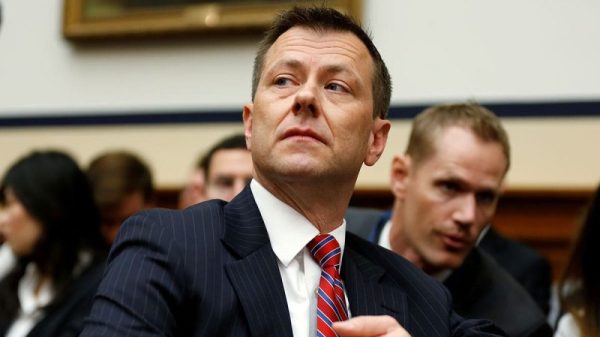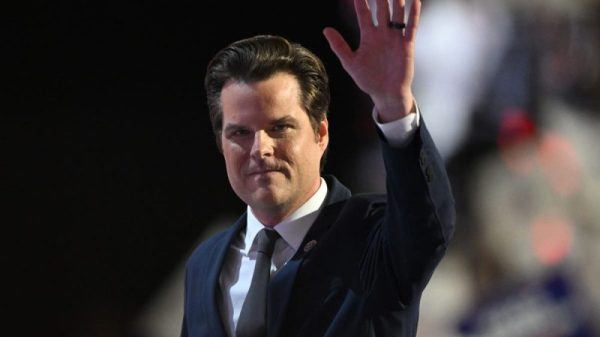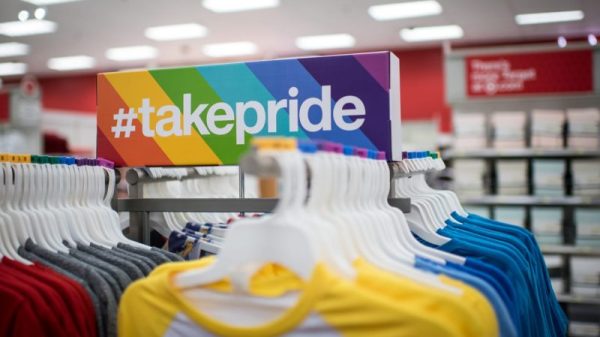The very-online right’s insane Taylor Swift conspiracy theories seemed Taylor-made for determining just how readily an increasingly conspiratorial Republican Party would believe virtually anything could be part of a deep-state plot.
We finally have our first indication of just how much this kind of thing can penetrate the party.
A new Monmouth University poll shows that Americans as a whole overwhelmingly reject the idea that Swift is part of a “covert government effort” to reelect President Biden in 2024, 73 percent to 18 percent.
But within the Republican Party, there is a remarkable level of support for the proposition. The poll shows that about one-third of Republicans — 32 percent — believe Swift is indeed part of that covert government effort. Another 57 percent say such an effort doesn’t exist.
It’s worth asking just how people interpreted the poll question. Do people understand a “covert government effort” to include the more absurd theories that the NFL effectively rigged things so Swift’s boyfriend Travis Kelce and the Kansas City Chiefs could win the Super Bowl and Swift could ride the publicity to helping Biden in 2024? Do they believe the theory floated by Fox News’s Jesse Watters that Swift is part of a “psyop” pushed by the Defense Department? Or do they understand this as merely the idea that Swift would endorse Biden in 2024, as she did in 2020? (Swift has made her left-leaning politics clear dating back to 2018.)
But the word “covert” seems to suggest something nefarious and underhanded. And the poll shows a substantial number of people say they’ve consumed news about the idea, including nearly half (46 percent) of Republicans.
Tellingly, the poll showed that Republicans who had actually heard of the theory were much more inclined to embrace it. Republicans who said they were familiar with the idea were nearly evenly split: 44 percent said such a “covert government effort” exists, while 47 percent said it didn’t.
(Republicans who had not heard of the theory wagered the effort didn’t exist by a 66-21 margin.)
These are small sample sizes with large margins of error. But the results suggest that pushing these ridiculous ideas into the ether can find a very credulous audience in the GOP. Perhaps it says more about people’s media diets — with more conspiratorial Republicans more likely to consume media that promotes such theories. Still, the fact that only about half who were familiar with the theory rejected it says a lot.
The poll is merely the latest to suggest that a significant segment of the Republican Party is inclined to believe baseless conspiracy theories about the deep state. For example:
An August 2022 YouGov poll after the search of Mar-a-Lago showed 38 percent of Republicans believed the FBI planted evidence there. Just 23 percent disagreed with that proposition (another 39 percent were “not sure”).
A YouGov poll the next month showed a majority of Republicans said it was at least “probably true” that the FBI planted classified documents.
A Suffolk University poll shortly after Jan. 6, 2021, showed 58 percent of Donald Trump supporters said the Capitol riot was “mostly an Antifa-inspired attack that involved only a few Trump supporters.” There remains zero evidence for this.
A recent Washington Post-University of Maryland poll showed 34 percent said it was at least “probably true” that the FBI organized and encouraged the attack on the Capitol. (About half that number believed there was “solid evidence” of this.)
YouGov polling in December showed 42 percent of Republicans believe “many top Democrats” are caught up in child sex-trafficking rings, 35 percent believe mass shootings have been faked to promote gun control, and 28 percent believe the government used covid vaccines to implant microchips in people.
The same poll showed fully 60 percent of Republicans believe there is “a single group of people who secretly control events and rule the world together.” (Democratic support for the proposition was about half — 28 percent.)
And, of course, polls generally show around 6 in 10 or more Republicans continue to believe the 2020 election was stolen from Trump, despite the complete lack of evidence more than three years later.
Against that backdrop, we probably shouldn’t be too surprised.


































